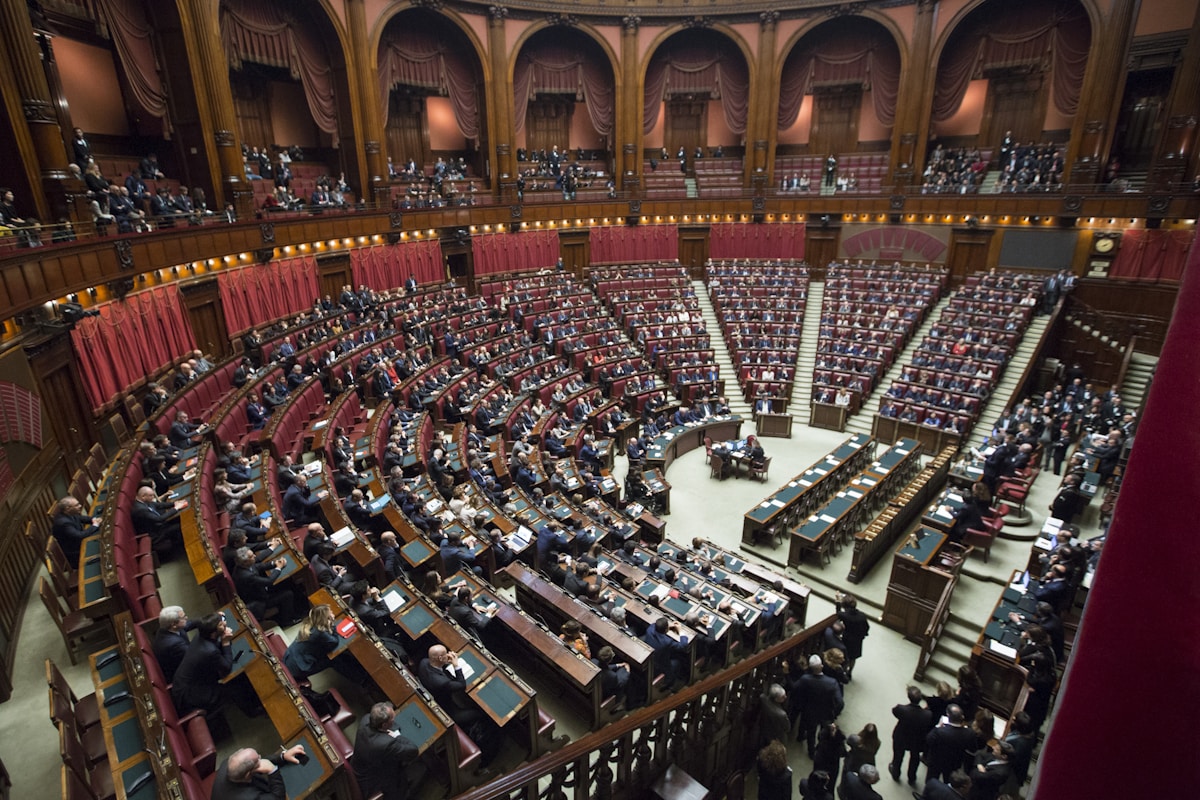WASHINGTON, D.C. — In a significant development that could shape the landscape of American democracy, the United States Supreme Court announced Monday that it will expedite its review of a landmark voting rights case, with oral arguments scheduled for early 2026, just months before the crucial midterm elections.
The case, Anderson v. North Carolina Board of Elections, challenges a series of voting restrictions implemented in several states, including stricter voter ID requirements, reduced early voting periods, and limitations on mail-in ballot access. Civil rights organizations argue these measures disproportionately affect minority communities and violate the Voting Rights Act.
Chief Justice John Roberts issued a rare statement explaining the Court’s decision to fast-track the case. “Given the fundamental importance of voting rights to our constitutional democracy and the imminent 2026 election cycle, the Court believes an expedited review serves the public interest,” Roberts wrote.
The case has drawn widespread attention from both political parties. Democratic lawmakers have praised the Court’s decision to expedite the review, with Senate Majority Leader calling it “a critical step in protecting every American’s right to vote.” Meanwhile, Republican officials maintain that the challenged voting provisions are necessary to ensure election integrity and prevent fraud.
Legal experts suggest the Court’s ruling could have far-reaching implications. Professor Margaret Chen of Georgetown Law stated, “This decision will likely establish the constitutional boundaries for state voting regulations for decades to come. The timing, just before the midterms, adds enormous weight to the outcome.”
Civil rights groups, including the NAACP and the American Civil Liberties Union, have filed amicus briefs supporting the plaintiffs. “Voting is the cornerstone of our democracy,” said ACLU attorney David Morrison. “These restrictive laws create unnecessary barriers that silence voices, particularly in communities of color.”
The Court’s decision to expedite comes amid ongoing national debates about voting access, election security, and the balance between state authority and federal oversight of elections. Recent polling indicates that voting rights remain a top concern for American voters across the political spectrum.
Oral arguments are tentatively scheduled for February 2026, with a decision expected by late spring. The ruling will come at a critical juncture, as voters prepare for midterm elections that will determine control of Congress and numerous state legislatures.
Constitutional scholars note that the case represents the most significant voting rights challenge to reach the Supreme Court since the landmark 2013 decision in Shelby County v. Holder, which struck down key provisions of the Voting Rights Act.
As the nation awaits the Court’s decision, state legislatures continue to debate and implement various voting measures, setting the stage for what many observers predict will be one of the most consequential Supreme Court rulings in recent history.







